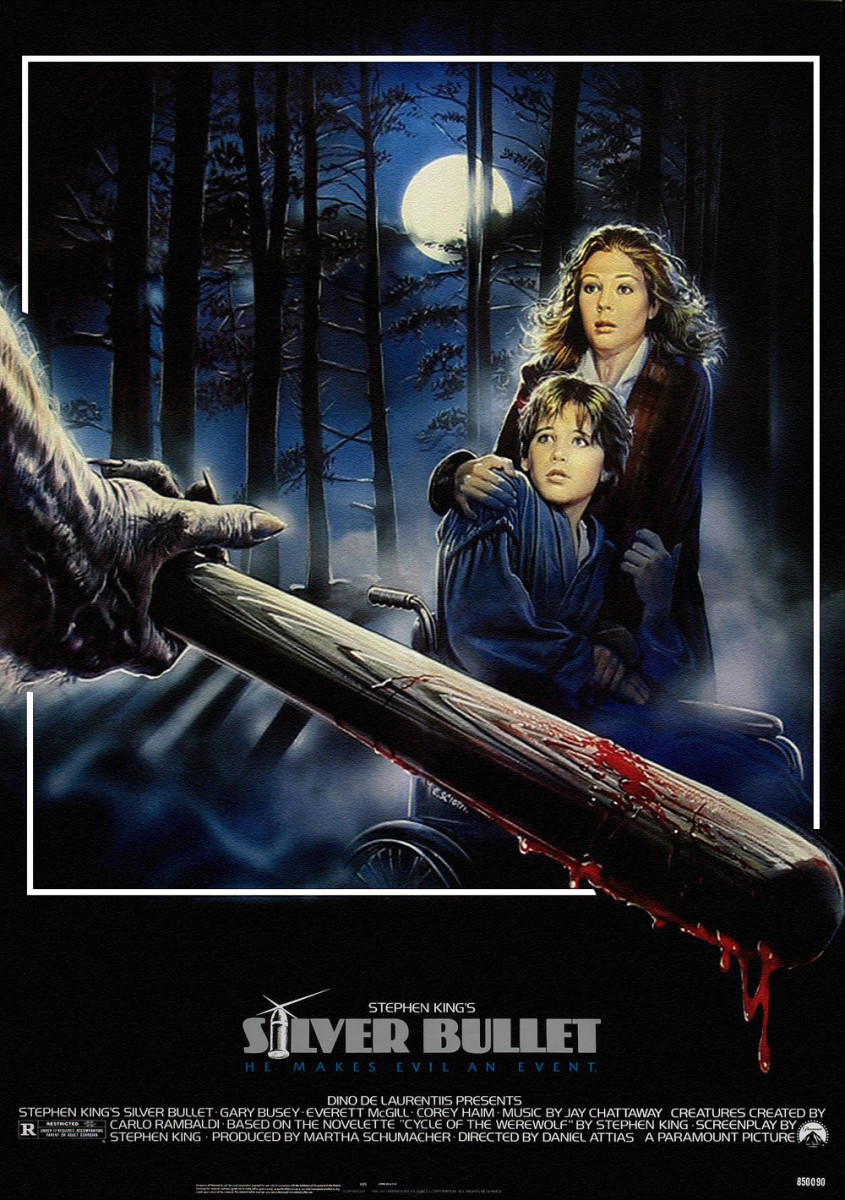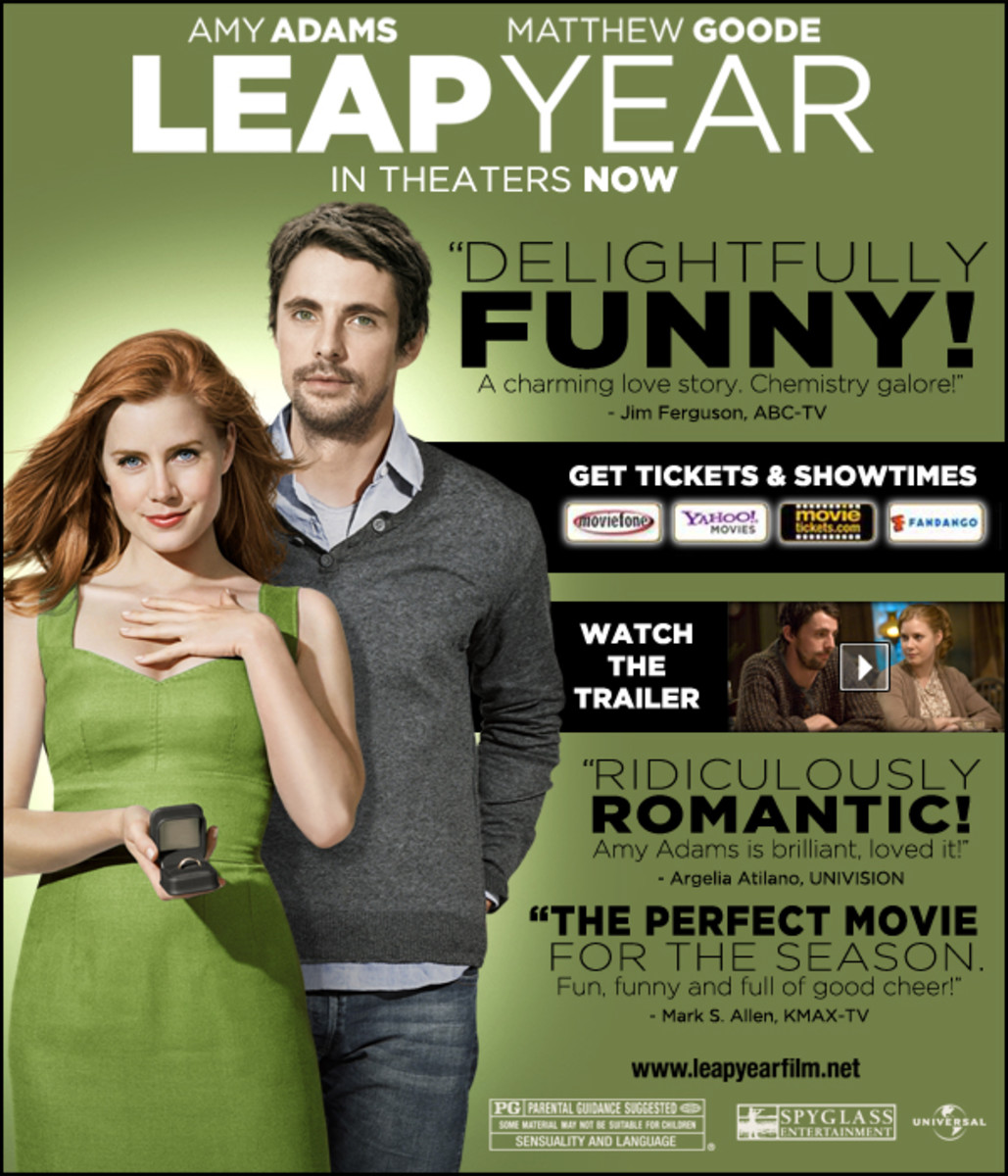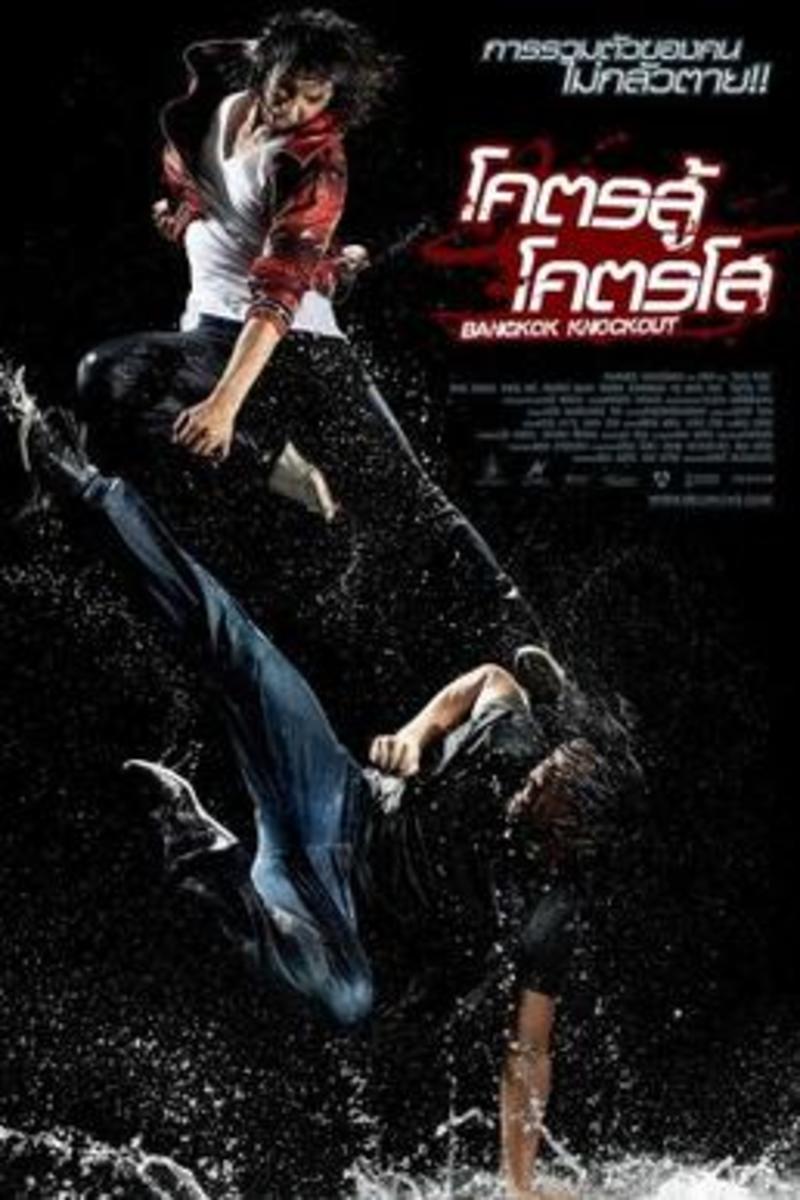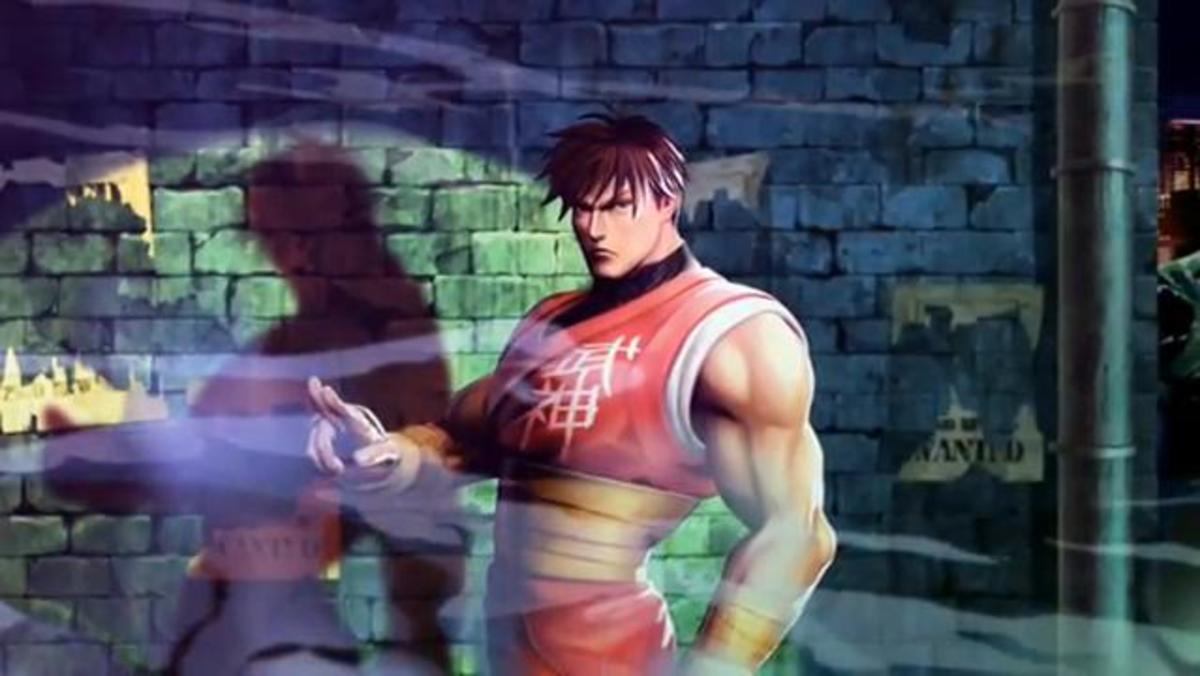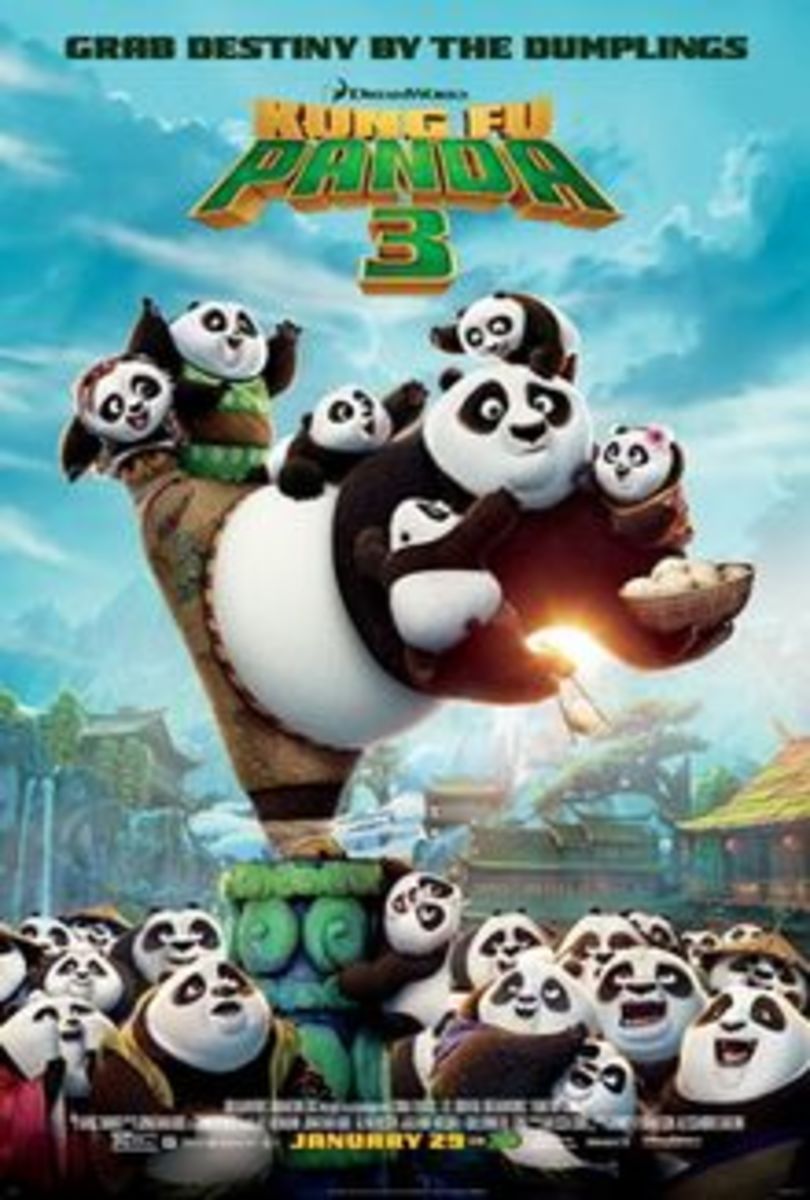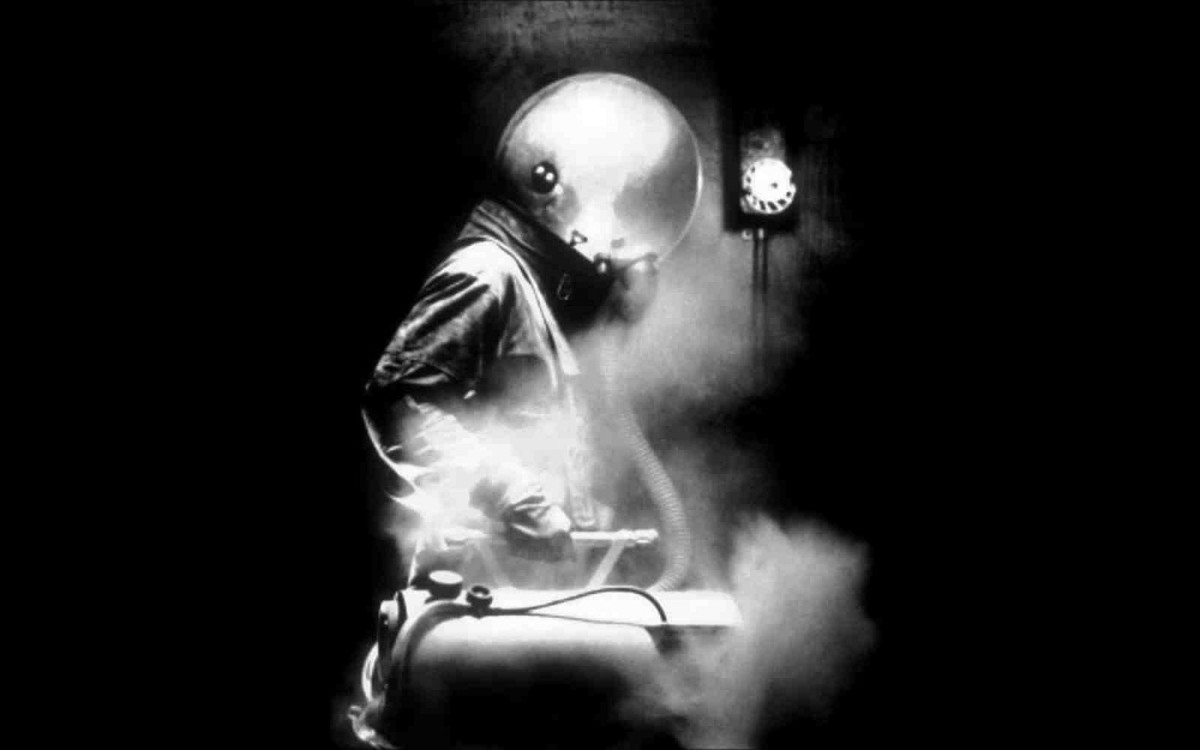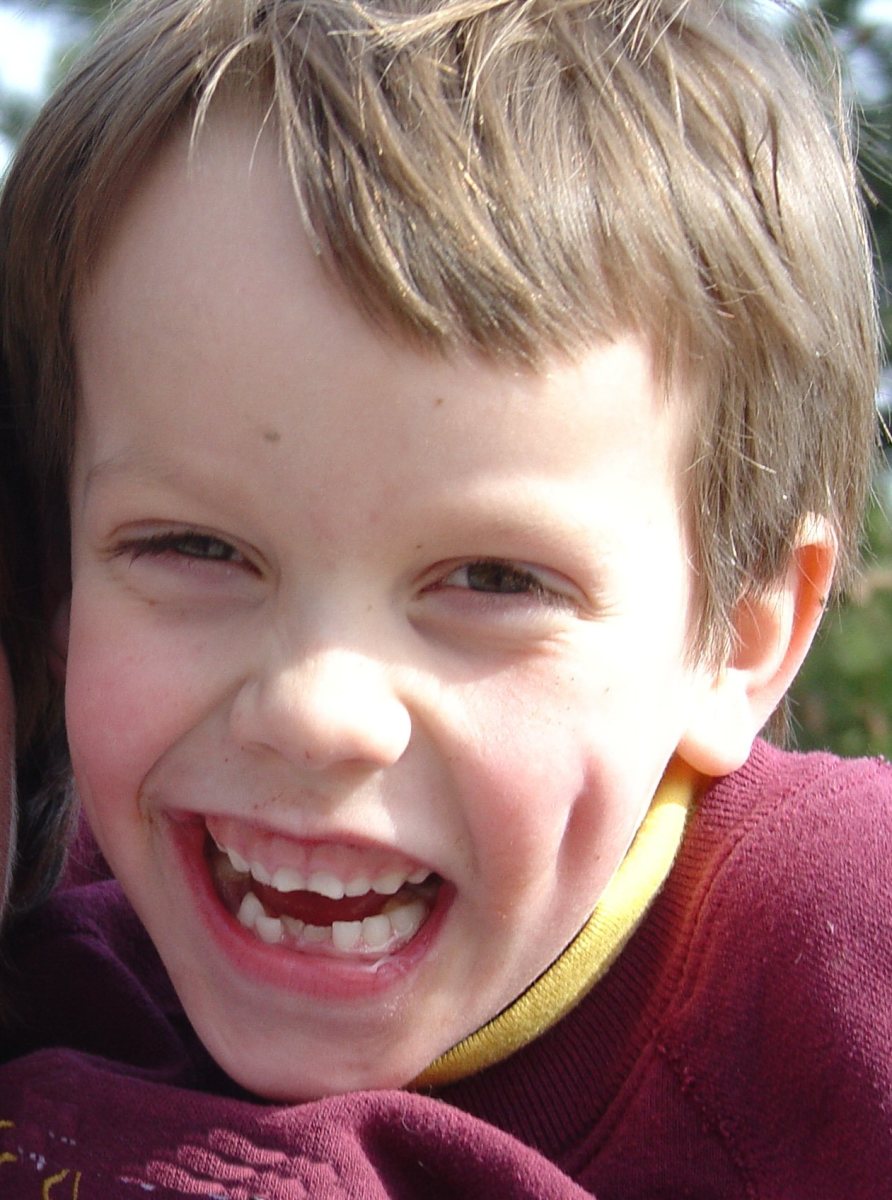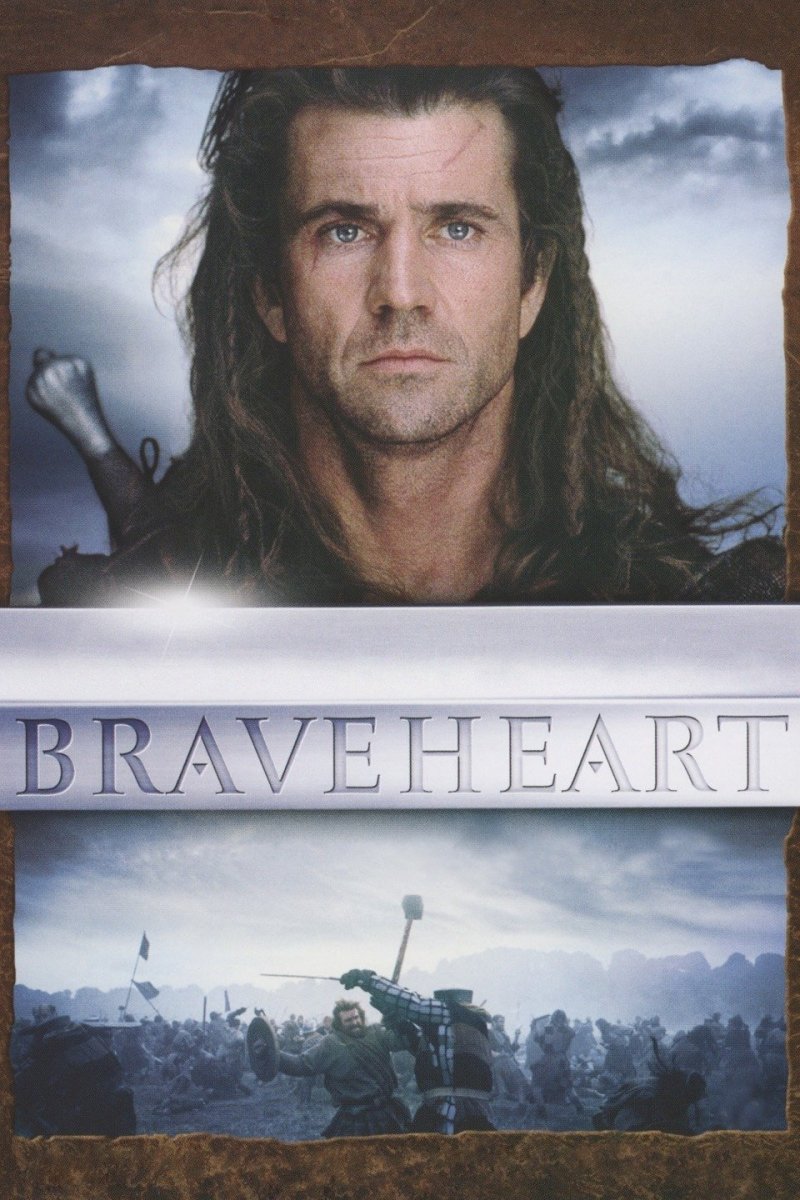Ip Man: The Final Fight (A Movie Review)
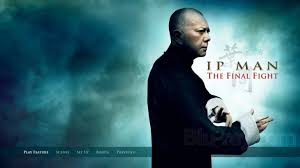
Friends, let's get this out of the way at the outset. This is a very good film: I give it an 8.5 out of 10.
The story is set in Japanese-occupied China, in the late-1940s. Now, Mr. Ip Man was a Wing Chun Kung Fu grandmaster, as well as the very gentleman who gave Bruce Lee some of his earliest martial arts training.
I have only seen this film once, as I borrowed it for free from my local public library. I will be watching this again, and subsequent viewings might alter my interpretation.
However, at present, as I try to wrap my mind around what I have just seen, I would say this is a film about how people "keep on keeping on," as it were, even under inconveniently tumultuous circumstances, politically, economically, and socially. Some people accommodate, some people resist. Some people try to find a middle path between those two approaches. Everyone else just tries to get on with living their lives and raising their families in the best way they can --- under the circumstances, of course.
For those of you, out there, who are not into Kung Fu films, I need to offer the following word of perspective.
Ip Man: The Final Fight owes a lot to the creative heritage of those Kung Fu films put out in the 1970s/80s. Some of the very best of those were released by the Shaw Brothers production team.
These films tended to be set in Old China, that is, Han or Ming Dynasty China. These films showed us brilliant martial arts choreography combined with a touch of fantasy.
By 'fantasy,' I mean that, in those films, the top echelon fighters were --- through the use of seamless wire work and other practical effects --- able to demonstrate incredible acrobatic ability, Matrix-like jumping ability, impervious, iron-like skin, superhuman strength, speed, and stamina, and coordination.
Now, these weird elements were blended beautifully into exquisitely choreographed, breathtaking fight scenes.
But that's not all. The politics was usually handled with a light touch: not so heavy as to undermine entertainment, yet not so light and vacuous as to make the action meaningless.
Three of the best examples I would highly recommend are: Ten Tigers from Kwangtung (1979) directed by Chang Cheh; and Invincible Shaolin (1978), also directed by Chang Cheh; and Shaolin Rescuers (1979), once again directed by Chang Cheh.
Basically, the heroes would be concerned to join the rebel cause to restore dynastic legitimacy. Through their eyes, we are given to understand that the true, legitimate rule comes from native Chinese dynasties like the Han or Ming --- such rule having been criminally usurped by the Mongol or Manchu.
Now let's get back to Ip Man: The Final Fight.
Ip Man dispenses with the 'fantasy' elements I discussed above, in favor of realistic but beautifully choreographed Kung Fu fighting.
Mr. Anthony Wong plays the titular character. I am not familiar with any of Mr. Wong's work, but I would venture to guess that this performance is some of his very best, if not his peak, "Citizen Kane" performance.
What I mean by a "Citizen Kane Performance" is a piece of work done by an actor that seems to be the culmination of everything he did before that. That is to say that all the skills and knowledge that he acquired and sharpened over a career of, perhaps, decades, was all brought together in that role, in that performance.
Does that make sense?
In other words, I would not be surprised to learn that Ip Man was Wong's "signature," culminating performance, in the way that Citizen Kane was for Orson Welles, and The Godfather was for Marlon Brando.
Anthony Wong's sensitive, nuanced, and layered portrayal makes for a charismatic, likable wing chun grandmaster, with whom it is easy to sympathize. Anthony Wong's Ip Man is this film's primary source of heart, warmth, humor, humanity, and dignity.
Now, this film could have just as easily and deservedly titled something like: Ip Man: A Life Well Lived. That is precisely what was put on display in this film.
But let me back up a little. I said this is a film about how people "keep on keeping on," even under inconveniently tumultuous circumstances.
Some accommodate: These characters are of least interest to us.
Some resist: There is the fiery restaurant workers union activist. She is a Kung Fu student of Ip Man.
Some try to find a middle path between accommodation and resistance: There is one of the most interesting characters in the film --- a policeman whom someone is trying to bribe. He takes the bribe but diverts it to those in need.
- For instance, during a restaurant worker union strike, the fiery activist strikes a policeman trying to "break up" the action --- violently. She is tossed in Jail. But someone has put a lot of money in the desk drawer of our policeman friend, and he uses it to secure the release of the worker --- by using that very money as a bribe!
- Our policeman friend is also a student of Ip Man.
Some just want to get along and live their lives as best they can under the circumstances:
There is a scene in which a banquet, of sorts, is fixed up for Ip Man and some of his friends. The man is a father of eight; and this set up gives us the heartbreaking scene in which he confesses to having sold one of his eight children in order to be able to feed the rest of his family.
One can see how much the man hates himself, as well as the fear this action has put into his remaining children, wondering at their own precarious positions in the family.
One can also see the humanity and gentle compassion with which Ip Man handles this unfortunate soul. He, too, is clearly heartbroken for this man, for his wife, for his children who lost a brother or sister, for the situation that drove the man to this action.
There's more I could say, of course, but I will not. I will only say that the ending is very satisfying, quite befitting a legend like Ip Man's "Final Fight."
Thank you for reading!

